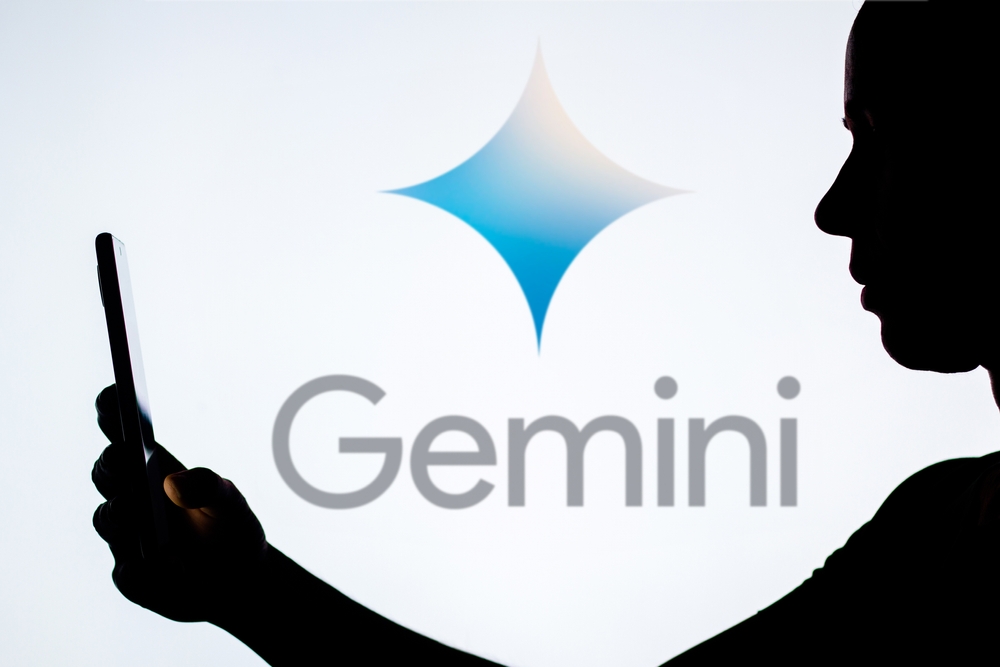Google recently unveiled Gemini, a robust language model poised to challenge GPT-4 by OpenAI. The announcement marked a significant upturn for the company’s securities, experiencing a 5% surge to $136.93 on December 7, its best day since August 29.
Impact on Skepticism and Market Perceptions
Wells Fargo’s sales representative noted Gemini’s potential to allay doubts about Google’s AI standing against Microsoft. The pivotal question now revolves around how Google intends to monetize this neural network, a concern echoed by Bank of America analysts.

Market Response and Potential Monetization
Alphabet faced pressure due to apprehensions about Google’s AI capabilities. Analysts believe Gemini’s emergence could bolster consumer search activity and enterprise cloud sales. This competitive model might positively impact the stock in the first half of 2024, according to Bank of America.
Monetization Strategy and Future Prospects
Google’s plans for monetizing Gemini across its products remain ambiguous in the long term. Nonetheless, the company will initiate licensing for customer use through Google Cloud this month. While comparisons with GPT-4 Turbo were not provided, Gemini’s success hints at extensive AI monetization prospects.
Market Trends and Microsoft’s Parallel
Microsoft’s Copilot, a ChatGPT-based AI assistant, integrated into its office suite, forecasts significant revenue. Analysts predict over $10 billion annually by 2026, akin to Google’s pursuit with Gemini.
Market Observations and Future Outlook
JPMorgan analysts view Google’s shift as crucial, marking a significant innovation as it enters the second year of commercializing neural network-based generative algorithms. However, uncertainties linger regarding Google’s search monetization paths, notes NIX Solutions.
The launch of Gemini represents a pivotal juncture for Google, promising innovative AI capabilities and potential market dominance.
